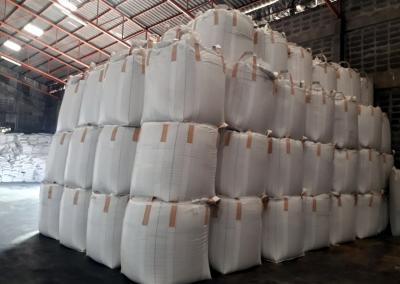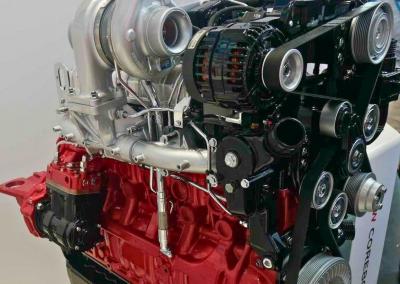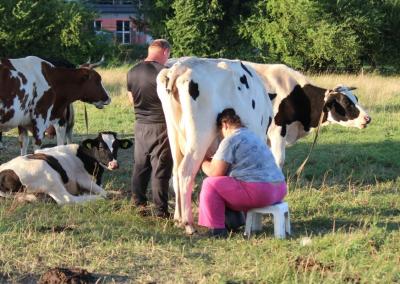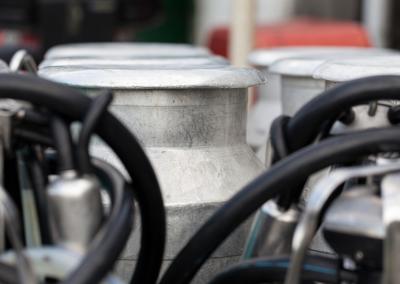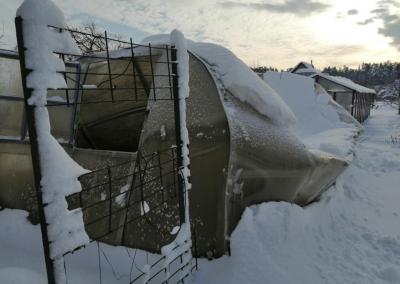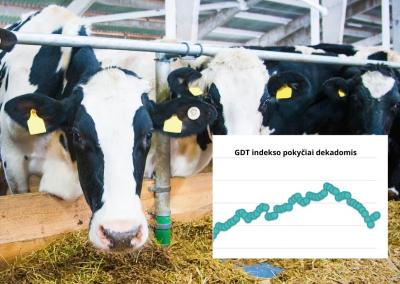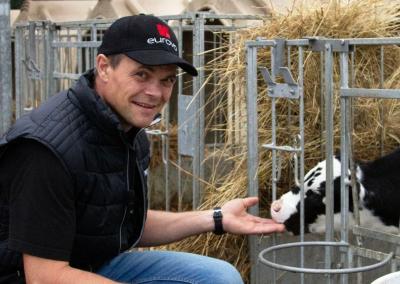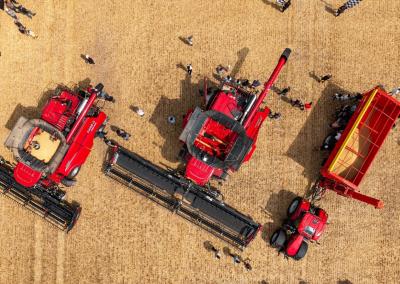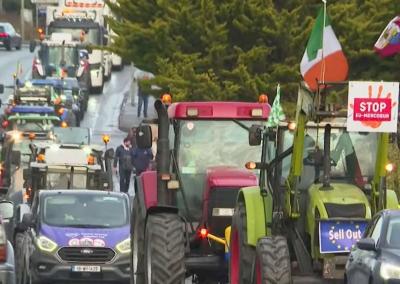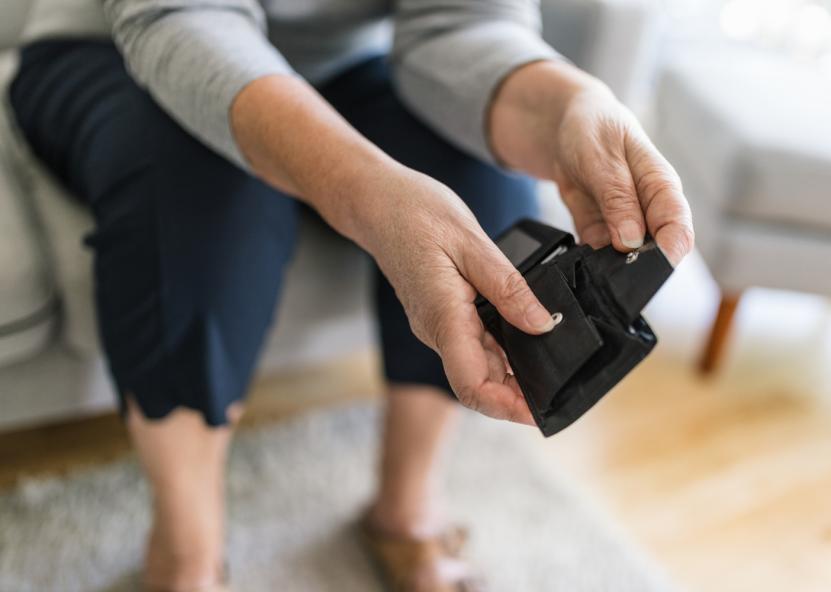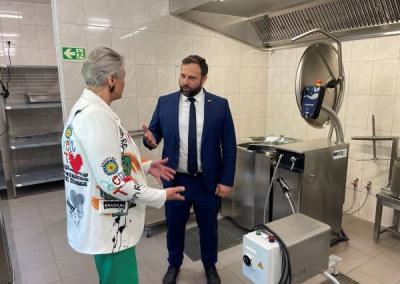The end of the era of shops on wheels?
In May, the State Tax Inspectorate's (STI) requirement to have smart cash registers came into force. For some shops on wheels, this has become too much of a challenge and their owners have decided to close down. As a result, people living in remote villages are left without shops at all. Is it really the responsibility of the VMI to claim in this case, or have the drive-in shops become an obsolete trading model?
Lack of human resources
Rita Kripaitienė, director of the consumer cooperative in Anykščiai district, says that the requirement for smart checkouts was one of the reasons for the closure of the auto shop, but it was not the decisive one.
„I saw today that the VMI is announcing that there are possible exceptions. Perhaps they are possible. But business must count. And I have to admit that we did not even look for other possibilities“, – says R. Kripaitienė frankly.
According to the speaker, human resources are the key reason. "People don't want to work," says the director of Anykščiai District Consumer Cooperative.
„This is a fundamental problem that should be discussed. We have closed one shop, another one – with a question mark too. Why? It's not because the shops are not surviving, there is just no one to work in them," continues Kripaitienė.
She adds that people are now spoiled by benefits and employment service payments.
„And this is why many villages can be left without a shop. It's a pity that the current Parliament is not yet going to change anything on this issue“, – concludes the interlocutor.
Business decision
Kazys Starkevičius, a member of the Seimas, is also convinced that smart cash registers could not be a reason for small entrepreneurs to cease their activities: „It's unlikely that abolishing the requirement for cash registers could save such a trade model. It is simply a business decision“.
According to the MP, the shop-on-wheels model is probably not making as much profit as one would like and this may be the main reason for closing down.
The director of the Anykščiai District Consumer Cooperative echoes him: „In the cold season 2-3 people used to come from the village, in the summer we used to get a little bit more turnover. But in reality, this is an outdated model of trade“.
The woman claims that the district cooperative only had the auto shop because of the people of the district, not because of the profit it made. So did its closure cause much of a backlash?
„By 2020 we had another shop on wheels. Its closure caused a bigger stir than that now. I only received one phone call from a woman who really regretted it, because the village is remote, with few inhabitants, and it will be difficult for them to go without a shop altogether," says R. Kripaitienė.
Reducing the shadow economy
„I don't think it's the impact of the cash register requirement. Such shops may not have had the turnover or the right goods. Another possible reason – all the accounting was in the shadows“, – the reason for the closure of the auto shops is listed by Mindaugas Maciulevičius, a board member of the LFA „Kooperacijos kelias“.
Smart cash registers will record revenue in real time. This will allow for greater transparency.
„We ourselves have been asking the VMI for a long time to make these decisions as soon as possible. Because each trader has about half an hour saved at the end of the working day," says Maciulevičius, adding that in the past, traders had to make daily reports after work and enter the data into a register, but now everything is done automatically.
Another advantage, according to him, is that the work of VMI specialists is also easier. They will even be able to check the accounts remotely in case of suspicions.
„In addition, even banks will now have more credibility. It used to be said that small farmers/traders artificially inflate turnover. But now everything will be as transparent as possible," says a board member of the LFA „Kooperacijos kelias“.


